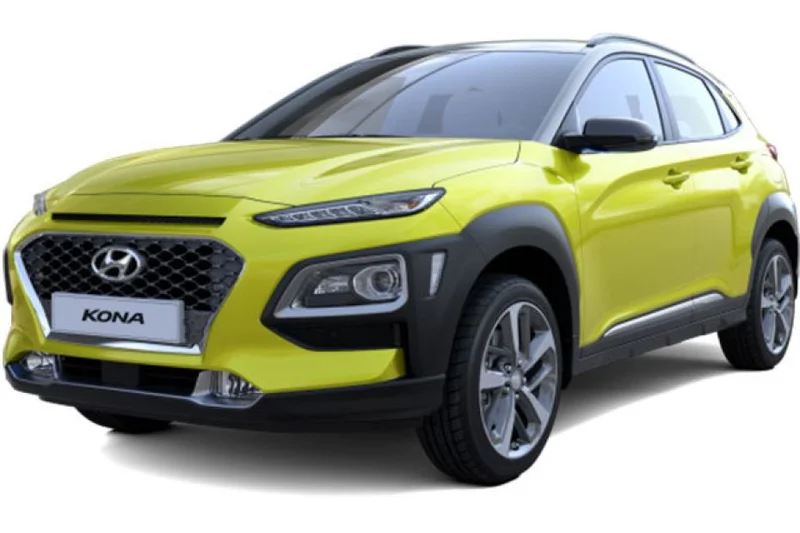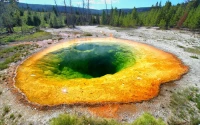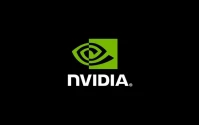Hyundai's Rocky Road: Innovation, Ethics, and the Future of Mobility
Hyundai. The name used to conjure images of affordable, reliable transportation. Now? Well, it's a bit more complicated, isn't it? We're seeing a fascinating, and at times troubling, collision of innovation and ethical responsibility playing out in real-time. From paywalled brake pad changes to allegations of exploited labor, Hyundai's journey is becoming a case study in the challenges of navigating the future of the automotive industry.
Let's start with the tech. The Ioniq 5N, a hot hatch EV that's turning heads, also highlights a growing problem: manufacturers paywalling simple DIY repairs. Remember the Reddit user [SoultronicPear]'s experience? Buying the expensive subscription and interface tool, only to be blocked? It's like needing a special key from the cable company just to change the batteries in your TV remote! This isn't just about brake pads; it's about control. Are we heading towards a future where even basic car maintenance requires manufacturer approval and subscription fees? It's a question that makes you wonder if the "right to repair" is becoming a luxury, not a given.
But here's where it gets really disturbing. The lawsuit alleging Hyundai and Kia's use of exploited labor – children, immigrants, even inmates – in their supply chains? If true, it's a moral catastrophe. State Senator Maria Elena Durazo's words resonate: "How can our public agencies purchase vehicles from a company whose supply-chain practices would be illegal here?" It's a fair question. The idea that Hyundai might be compromising human dignity in the pursuit of profit is, frankly, appalling. And former employee Mark Miller's account of unsafe conditions and lack of training? "There was no safety at Hyundai, there's no training. There's no nothing. Just work and get it out the door." It paints a picture of a company prioritizing output over people. I mean, what kind of world are we building if we allow this to happen?
And yet, amidst all this, there's also the promise of innovation. Hyundai's commitment to providing official vehicles for the G20 Leaders' Summit in Johannesburg, for example, showcases their global reach and technological prowess. The STARIA MPV, a symbol of modern mobility, ferrying dignitaries around the summit. But this raises a crucial point: can a company simultaneously be a leader in innovation and a laggard in ethical responsibility? Can you build a sustainable future on a foundation of exploitation?
Hyundai's Choice: Igniting the Next Ethical Revolution in Manufacturing
The Fork in the Road: Ethics or Efficiency?

Hyundai is at a crossroads. It can continue down the path of prioritizing efficiency and profit above all else, or it can choose a different route: one that embraces ethical labor practices, transparent supply chains, and a commitment to the "right to repair." The choice is theirs, but the consequences will ripple far beyond the automotive industry.
What's truly at stake here isn't just Hyundai's reputation, but the future of manufacturing itself. Are we going to allow companies to externalize the costs of production onto vulnerable populations and the environment? Or are we going to demand a higher standard – a standard that values human dignity and environmental sustainability alongside technological innovation?
There's a glimmer of hope, though. The very fact that these issues are being brought to light, that lawsuits are being filed, and that public officials are raising concerns, suggests that there's a growing demand for accountability. And, remember [SoultronicPear]'s story? They did eventually find a workaround. It's a small victory, but it shows that the spirit of innovation and the desire for control over our own property is still alive and kicking.
Remember the industrial revolution? It gave us unprecedented technological progress, but also led to widespread exploitation and environmental degradation. We're at a similar inflection point now. We have the opportunity to create a new industrial revolution – one that's powered by clean energy, driven by innovation, and grounded in ethical principles. I believe in this future, I truly do. And I believe that Hyundai, despite its current challenges, has the potential to be a part of it. The question is, will they choose to be?










